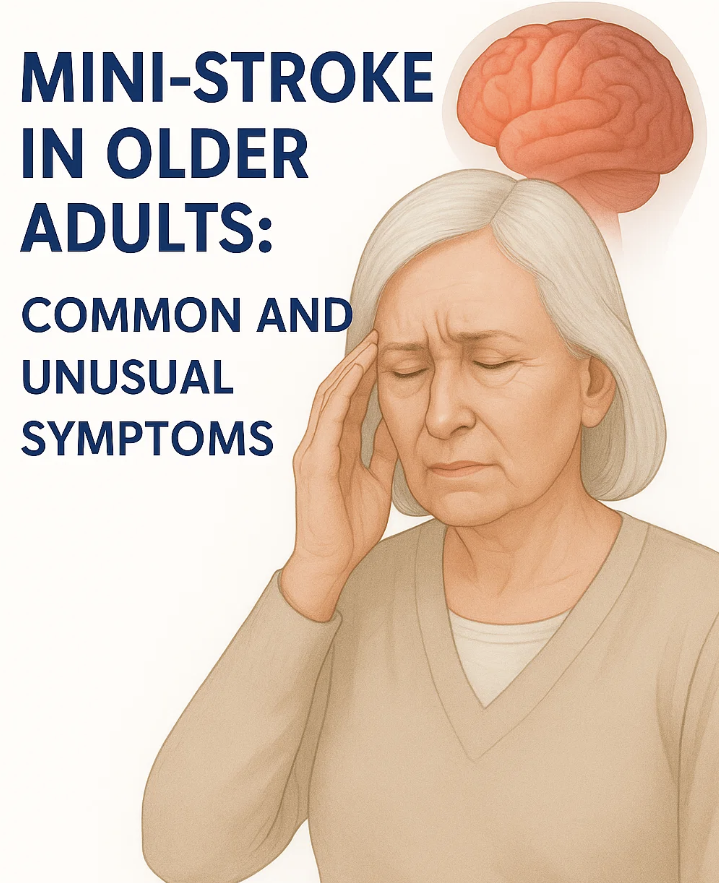ADVERTISEMENT
Feeling dizzy, unsteady, or losing balance unexpectedly should not be dismissed as a normal part of aging. A TIA can affect the brain’s balance and coordination centers, leading to a sense of disorientation or vertigo. An individual might feel like they are about to faint or have trouble standing or walking. This symptom, particularly when it appears without a clear cause, is a signal to seek medical help right away.
5. A Sudden, Severe Headache
While not always present, a sudden and severe headache that comes on without an obvious reason can be a sign of a mini-stroke. This is often described as the “worst headache of your life” and, even though it’s more common with a full-blown stroke, it indicates a serious underlying issue that requires immediate medical evaluation.
Recognize and Act
It is vital for both seniors and their caregivers to be proactive in identifying these symptoms. A mini-stroke is a powerful warning that a major stroke may be imminent. Ignoring these signs can lead to permanent brain damage or a fatal event. By getting prompt medical evaluation and treatment, you can often prevent a more severe stroke and its long-lasting complications.
Managing key risk factors is also crucial for prevention. Conditions like hypertension, diabetes, high cholesterol, and smoking all increase the risk of a mini-stroke. Regular medical check-ups and a focus on brain health education are essential steps to reduce this risk. Ultimately, awareness and swift action can save lives and improve the quality of life for seniors and their families.
ADVERTISEMENT
